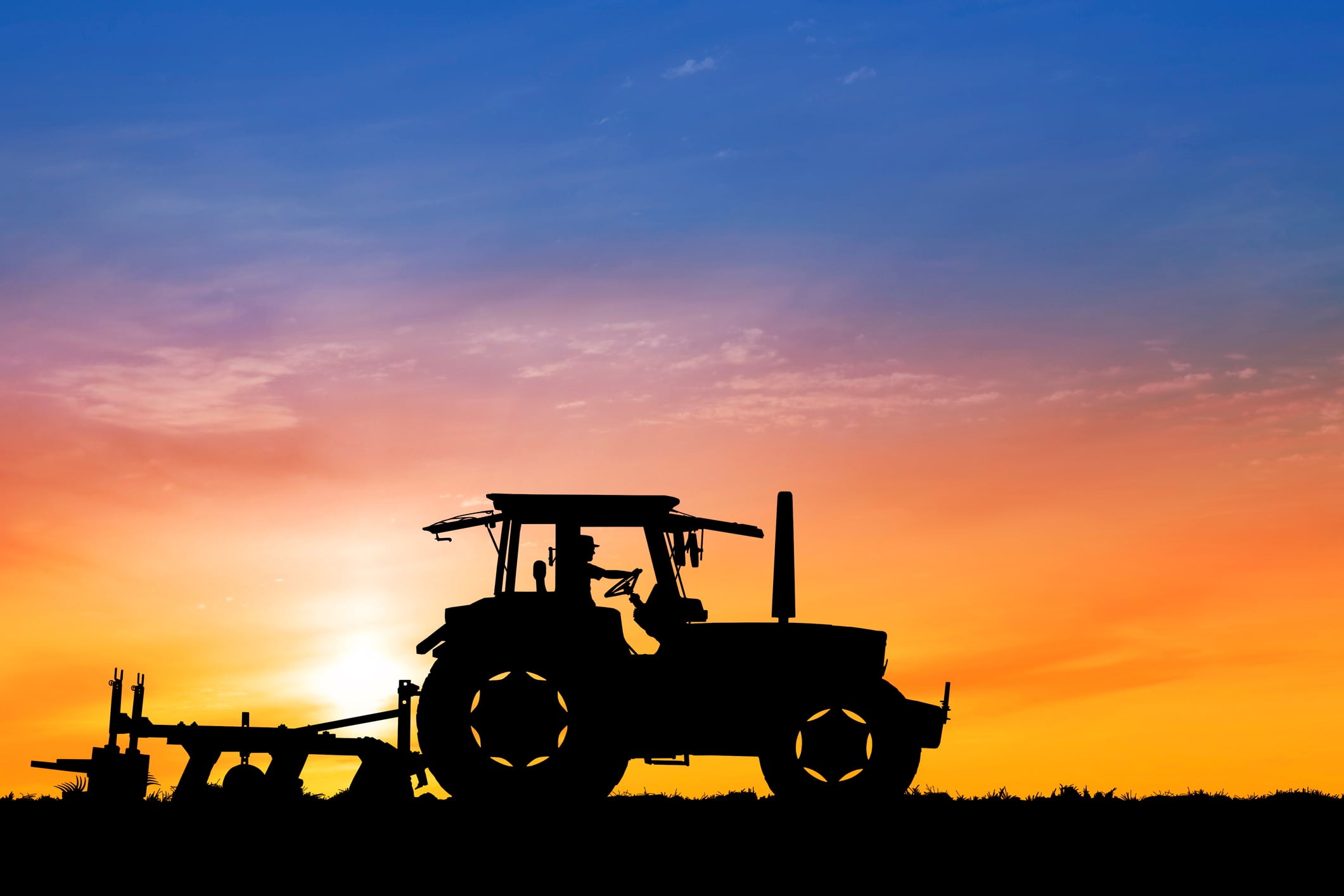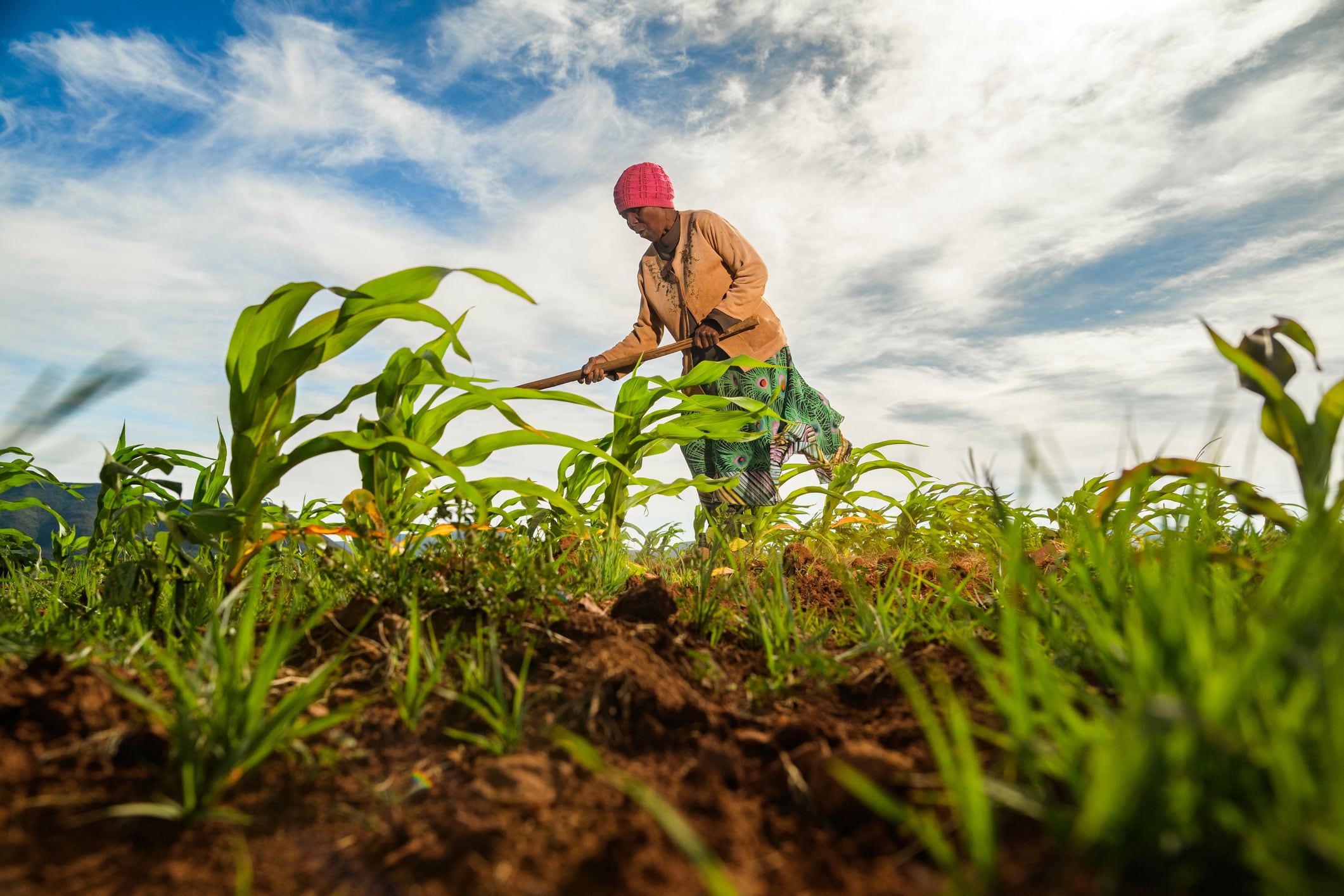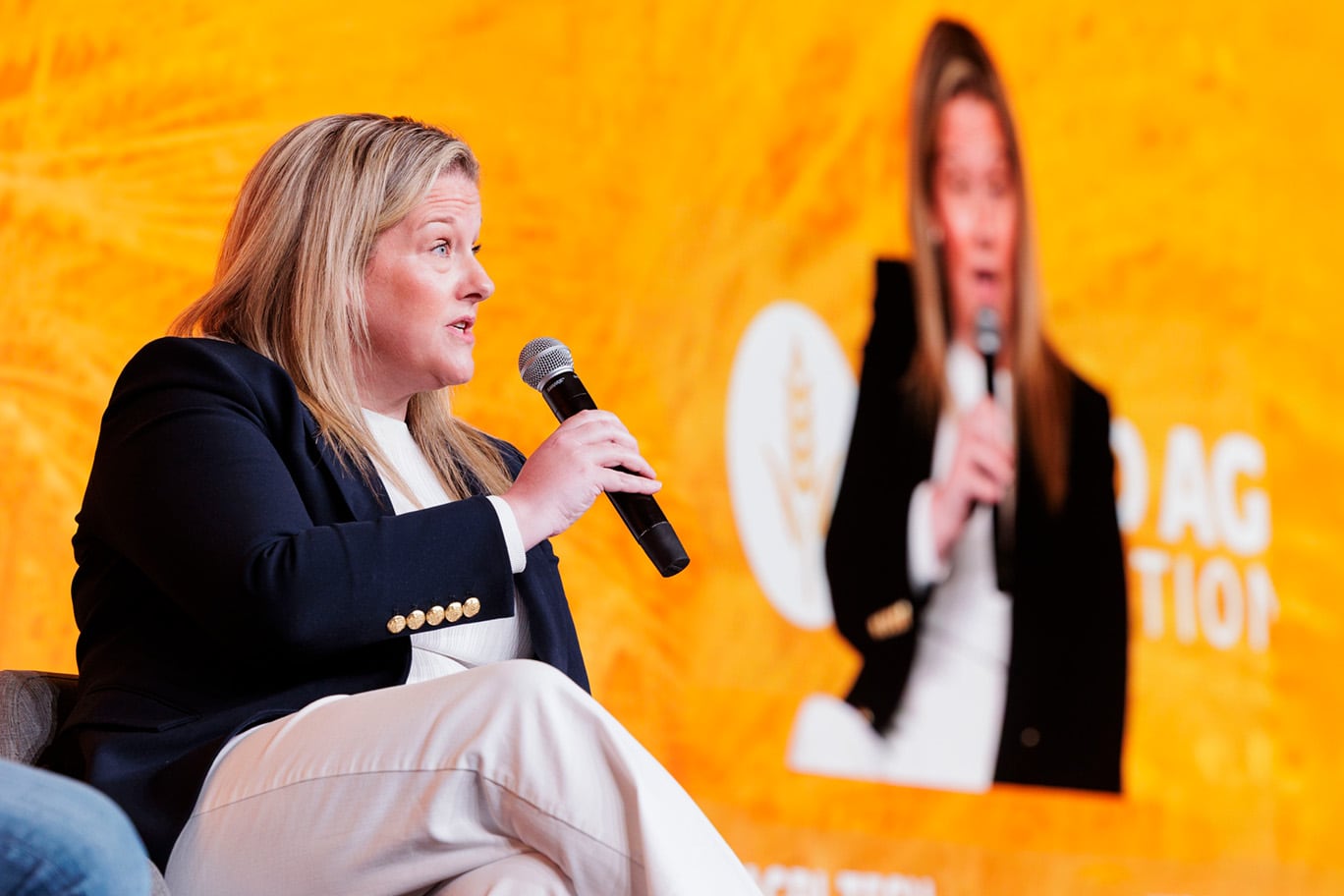Benson Hill, based in St. Louis in the US, is seeking Chapter 11 bankruptcy protection, while California-based FarmWise is beginning a business restructuring and will begin winding down operations in the coming weeks.
Founded in 2012, Benson Hill’s proprietary AI-powered platform specialises in developing proprietary soybean varieties tailored for applications animal feed, human food and biofuels.
In late 2023, the company announced a strategic shift to focus on broadacre animal feed markets, including poultry, swine, and pet food, as part of its transition to an asset-light business model.
However, this transition has failed to generate meaningful revenue, and the company has struggled with gross profit margins, high debt levels and cash burn.
Despite its technological advancements, such as soybeans with enhanced protein traits and AI-driven seed innovation, Benson Hill’s operational costs outweighed the benefits of these innovations, forcing it into bankruptcy.
“We have worked diligently to transform our business, including reducing costs, divesting assets, retiring debt, and optimising our operations by transitioning to a licensing model,” said Dan Jacobi, chairman of Benson Hill’s board of directors.
“Despite our efforts, a combination of industry challenges and financial constraints has led the Board to determine that a process under Chapter 11 is the best path forward.”
What’s gone wrong for FarmWise?
FarmWise specialises in AI-powered autonomous robots for precision weeding. These robots use a combination of artificial intelligence, computer vision, and robotics to identify and remove weeds from vegetable fields without the use of chemicals.
The potential is clearly great, but financial pressures, scaling difficulties, and competitive challenges have prevented the company from achieving long-term sustainability.
The business model and technology development required substantial capital investment, for example. While the company raised $65 million in funding, including $45 million in a Series B round in 2022, these funds have proved insufficient to sustain operations and scale effectively.
The company’s reliance on providing robotic services rather than selling equipment directly may have limited its revenue potential, while maintaining high operational costs. Efforts to expand into row crops were still in development, which may have restricted growth opportunities.
Heightened competition has likely made it harder for FarmWise to differentiate itself and capture market share, while rising costs for farmers and economic pressures in agriculture may have also slowed adoption of expensive robotic solutions.
Stark warnings
The downfalls serve as a warning about rising operational costs in the sector. There are risks with adopting new equipment. Advanced technologies like precision farming, AI-powered systems, and IoT-enabled tools require significant upfront investment. Inflation, supply chain disruptions, and trade tariffs are contributing to increased costs for companies.
Investors also now demand tighter unit economics and scalable business models, which can pressure companies to invest more in operational efficiency and proof-of-concept validation.
That’s putting pressure on new start-ups and current companies (seed to Series B) that are struggling to raise a new round.
All this increases the risk that growers and companies are forced to pull back and re-evaluate their position on buying agtech equipment and innovative seeds.
Benson Hill and FarmWise can perhaps take some solace in the thought their legacy will serve to see innovation continuing to flourish in the sector. We wouldn’t be where we are or where we are going without the contributions of their founders, employees and investors.
And for companies that can successfully navigate these choppy waters, the prize is still a profound one.





